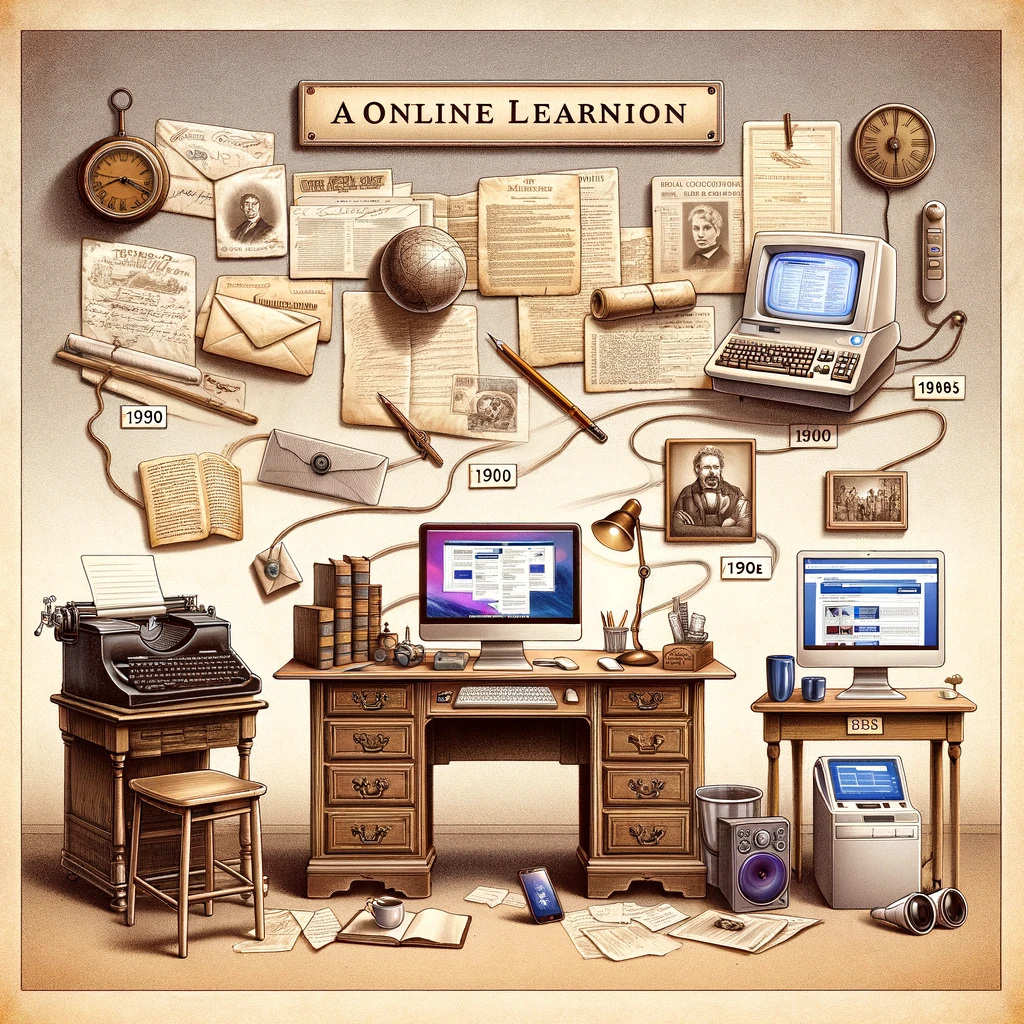
Online learning has dramatically reshaped the educational landscape, evolving from humble beginnings to a robust system embraced worldwide. Its history traces back to correspondence courses in the 19th century when learners communicated with instructors via mail. This format was particularly popular among populations that were otherwise unable to attend traditional educational institutions due to geographic, financial, or personal constraints. The advent of the internet revolutionized this model, leading to the development of massive open online courses (MOOCs) in the early 21st century. These courses offered free access to educational materials from prestigious universities, making high-quality education accessible to a global audience.
Today, online learning platforms like Coursera and Udemy represent the forefront of this educational evolution. Coursera partners with universities and organizations to offer courses, professional certificates, and degrees, while Udemy allows experts to create and sell courses on a variety of subjects. These platforms cater to a diverse array of learning needs, from professional development to personal enrichment, and feature courses taught by leading experts in their fields. The flexibility and accessibility of these platforms have democratized learning, enabling millions worldwide to enhance their knowledge and skills at their convenience.
The effectiveness of online learning has been a subject of extensive research. Studies indicate that online education can be as effective as traditional classroom learning, provided the courses are well-designed and interactive. Factors that contribute to effective online learning include student engagement, the quality of course materials, access to resources, and the use of technology to facilitate real-time communication and feedback. However, online learning is not without its challenges. It requires a high degree of self-discipline and motivation, and the lack of face-to-face interaction can affect some learners’ ability to stay engaged.
Looking to the future, several trends are likely to influence the direction of online education. Artificial intelligence (AI) and machine learning are expected to play significant roles in personalizing learning experiences and improving accessibility. AI-driven analytics can help in identifying students’ learning patterns and provide customized resources and support to enhance their learning outcomes. Additionally, virtual and augmented reality technologies are poised to make online learning more immersive and interactive, simulating classroom environments and practical exercises that enhance learner engagement and retention.
The integration of online courses into mainstream education and professional training systems is likely to increase, as institutions recognize the benefits of blended learning models that combine online and in-person education. This approach not only extends the reach of educational programs but also accommodates diverse learning styles and paces, thereby enhancing educational outcomes.
The evolution of online learning from simple correspondence courses to sophisticated digital platforms reflects broader shifts in technology and educational philosophy. As technological advancements continue, online learning is expected to become more personalized, interactive, and integrated into everyday life, making lifelong learning not just an opportunity but a seamless aspect of living in the digital age. These developments promise to further democratize education, making learning accessible to all, regardless of geographical, financial, or personal barriers.
The illustration is depicting the evolution of online learning, from 19th-century correspondence courses to the modern digital classroom with advanced technologies.